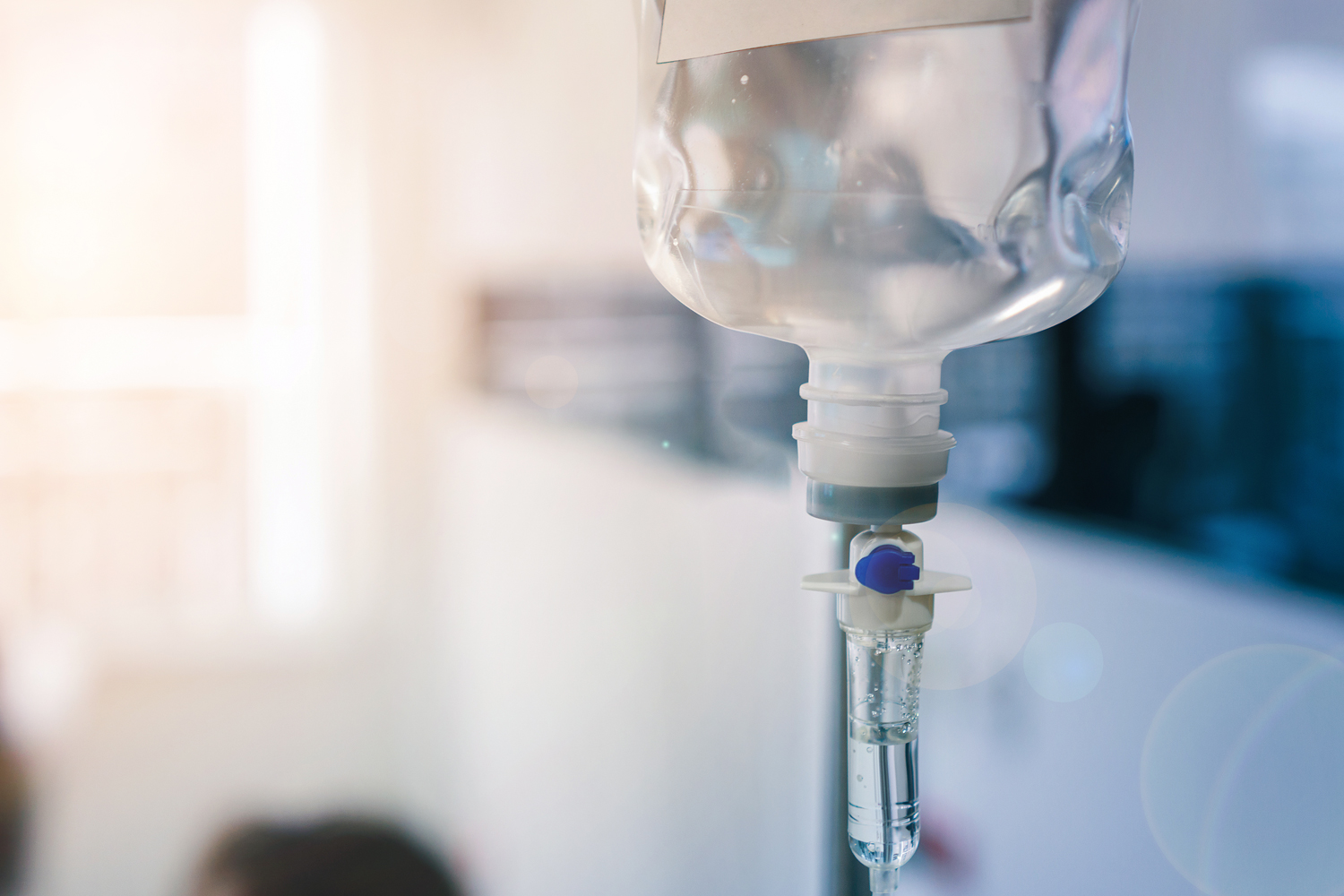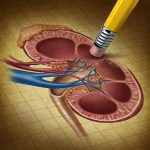-
Understanding the Federal Rule on Breast Tissue Density Reports
Screening mammography reports will include breast density and an explanation in common language.
by Sandra Gordon
-
Forward Look
The Cost of Dental Side EffectsHead and neck cancer survivors often face significant costs for treatments not covered by health insurance.
by Kris Conner
-
Forward Look
A More Targeted PARP InhibitorEarly research suggests treatment could have higher potency and less toxicity for people with BRCA-related cancers.
by Marci A. Landsmann
-
Forward Look
Immunotherapy Improves Survival in Early-stage Kidney CancerPeople who have surgery to remove kidney cancer that has a high chance of recurrence must weigh benefits and risks of additional treatment.
by Christina Szalinski
-
Breast Cancer: Making Treatment Decisions
With additional treatment options and an emphasis on reducing side effects, patients with breast cancer have more decisions to make than ever before.
by Natalie Slivinski
-
Survivor Profile
From Fear to ActionMike Herman hasn’t let a multiple myeloma diagnosis stop him from advocating for himself and teaching others to do the same.
by Suzanne McBride
-
The Push for Inclusive Cancer Care
People with intellectual or developmental disabilities face obstacles to receiving appropriate cancer screening and treatment. Advocates are calling on the health care system to meet their needs and increase access to care.
by Thomas Celona
-
Get Involved
Happy FeetThe HallieStrong Foundation sends people receiving cancer treatment socks designed to put smiles on their faces.
by Thomas Celona
-
Facts and Stats
Treatment Advances Help Fuel Survival IncreasesPeople with localized esophageal cancer and advanced melanoma have benefited from improved cancer care.
by Thomas Celona
-
Making Cancer a Family Affair
Instead of hiding details of her metastatic breast cancer diagnosis from her children, Michelle Audoin opened the door for clear expectations and frank conversations.
by Michelle Audoin
Cancer Talk
Lessons From 20 Years Living With Cancer
Multiple myeloma survivor Jonathan Gluck reflects on uncertainty, and the scientific progress that has kept him living with cancer for more than two decades.
by Eric Fitzsimmons
The Enduring Importance of Cancer Disparities ResearchOpening session from AACR conference highlights how perseverance and adversity have informed cancer disparities research over the years.
by Eric Fitzsimmons
Most Cancer Survivors Don’t Meet Healthy Diet GoalsDespite research linking fruits and vegetables to cancer survival, many people do not change their eating habits after diagnosis.
by Darlene Dobkowski
Many People Don’t Get Colonoscopy After Receiving Abnormal Blood TestsAbout half of people who receive abnormal results from colorectal cancer screening tests don’t follow up with a colonoscopy.
by Laura Gesualdi Gilmore















